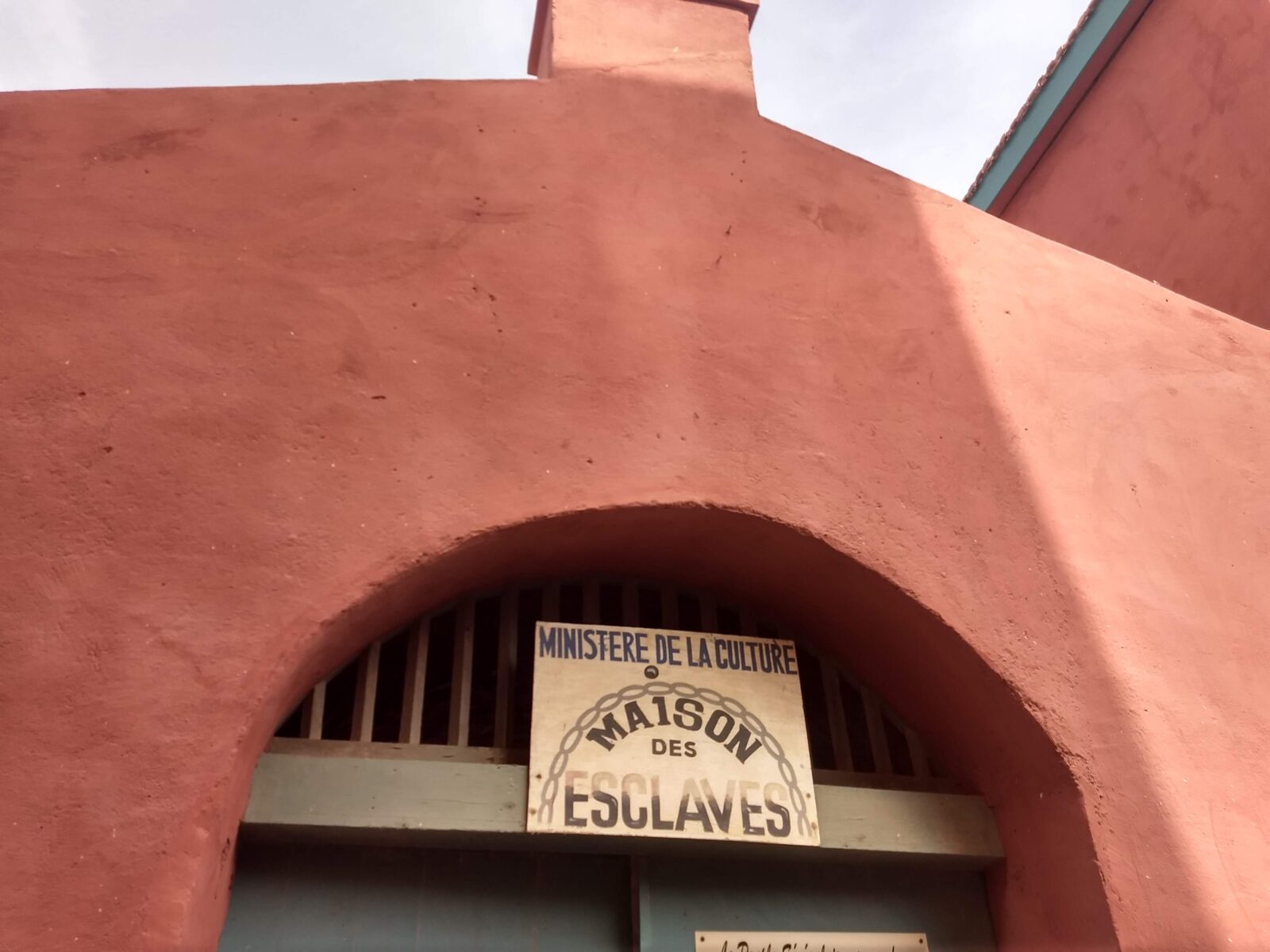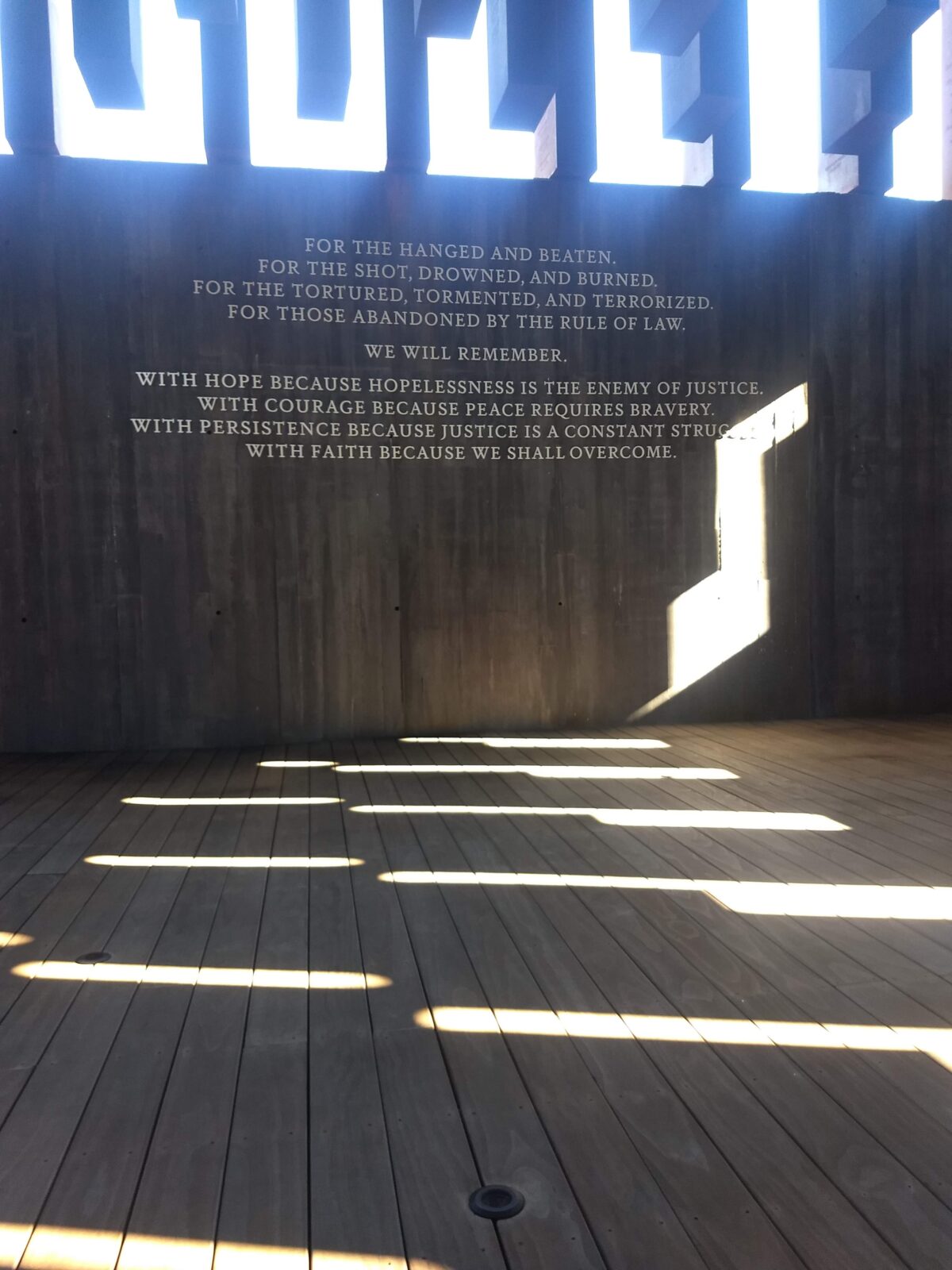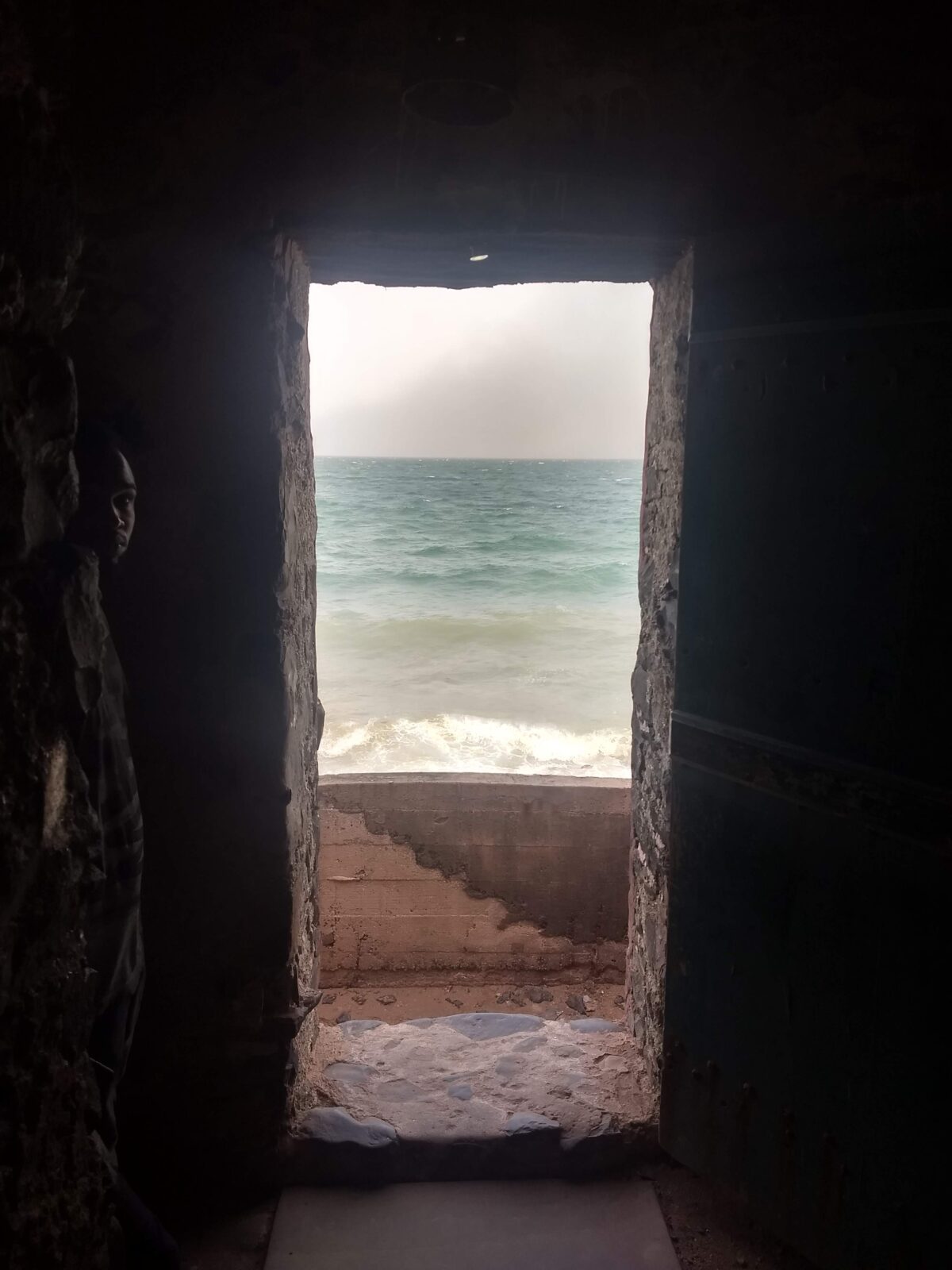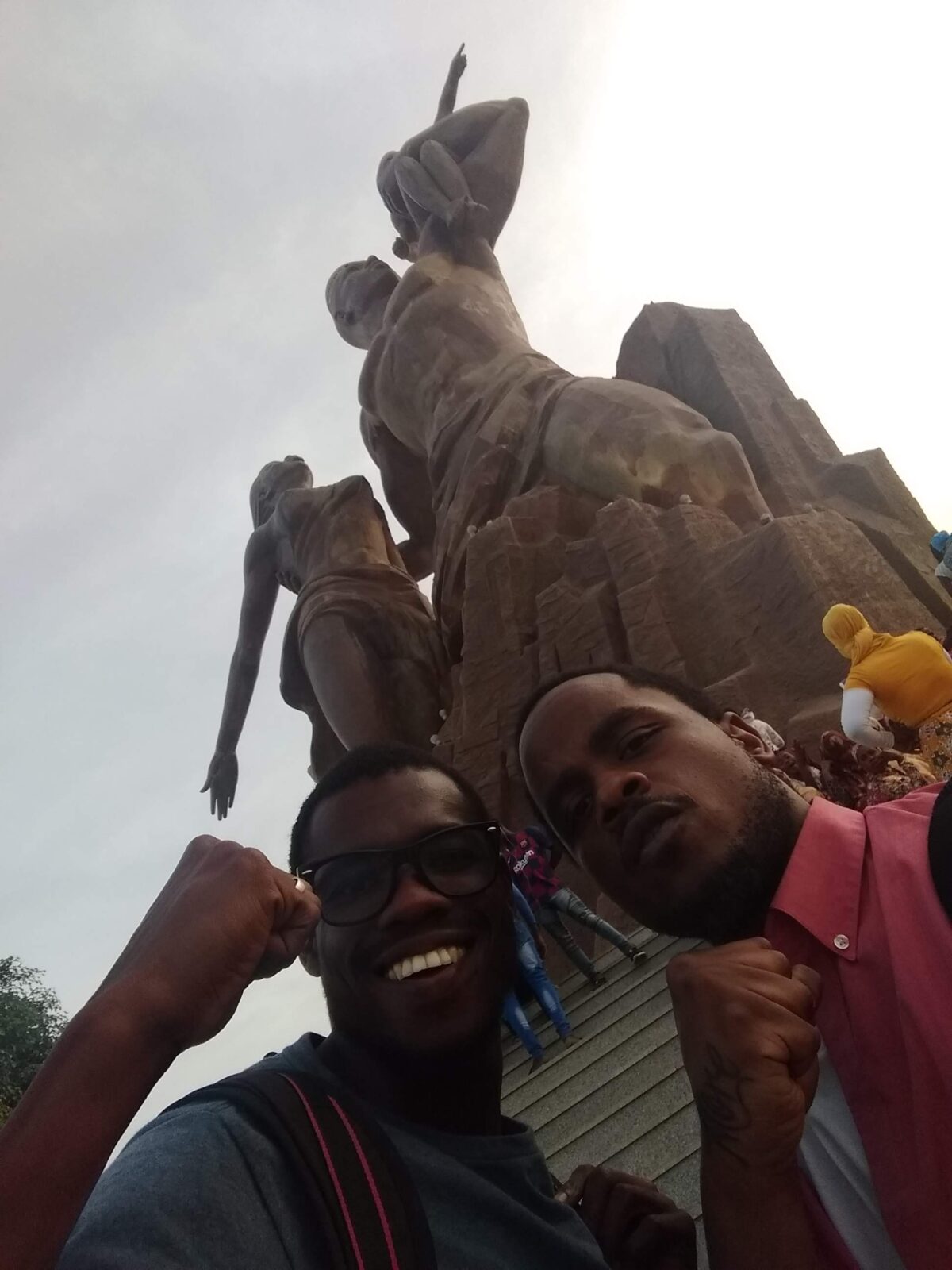
The Hauntology of Slavery
The Hauntology of Slavery
Jonah Mixon-Webster
Jonah Mixon-Webster
The Hauntology of Slavery is projected to be a seven-chapter book project that takes the position that American colonial slavery is an art form with peculiar contemporary effects, and it is through the methods of literary research, onsite study, and multi-genre composition that the erasures of this history are perpetually subverted. Using the will of Micah Mixon dated 1805 (the original owner of the Mixon plantations in Alabama and South Carolina) and the slave narrative of Eliza (Mixon) Evans dated 1936 (a person formerly enslaved by Micah’s son John Mixon) this project aims to illustrate the complicated history of slavery embedded in Black families while displaying the cognitive dissonances of white supremacy created through slave owner’s attitudes. This mixed-genre research project is also accompanied by a travelog narrative of journeys to Africa, visits to The House of Slaves on Gorée Island, and a brief study of colonial remnants still found on the continent. The travelog approach in this book project performs as a parallel of travels through history via archival research and various travels across the American South. Through this hybrid composition including texts and photography, a living discourse on the experiences and lyrical expressions of African diasporic people is sustained in response to the pervading histories, perils, and parallels of the transatlantic slave trade. This book project endeavors to offer a sustained meditation on the ever permutating effects of slavery to help resituate and deconstruct the dialogues on African American experiences.


Literary Nonfiction, Literature, Socially-Engaged Literature
2025




About Jonah Mixon-Webster
Flint, Michigan
 Jonah Mixon-Webster is a writer, educator, and art activist from Flint, MI. He is the author of Stereo(TYPE) (Knopf, 2021), which received the PEN America/Joyce Osterweil Award, and Promise/Threat (Knopf, 2026). He is an alumnus of Eastern Michigan University and obtained a Ph.D. in creative writing from Illinois State University. He is the Endowed Chair and Assistant Professor of Creative Writing at North Carolina Central University and the recipient of the Windham Campbell Prize for Poetry and fellowships from PEN America’s Writing for Justice Program, Columbia University, Woodberry Poetry Room, Vermont Studio Center, and Center for African American Poetry and Poetics. His poetry and hybrid works are featured in various publications including Obsidian, Harper’s, The Yale Review, The Rumpus, Callaloo, The New Republic, Best New Poets, and Best American Experimental Writing.
Jonah Mixon-Webster is a writer, educator, and art activist from Flint, MI. He is the author of Stereo(TYPE) (Knopf, 2021), which received the PEN America/Joyce Osterweil Award, and Promise/Threat (Knopf, 2026). He is an alumnus of Eastern Michigan University and obtained a Ph.D. in creative writing from Illinois State University. He is the Endowed Chair and Assistant Professor of Creative Writing at North Carolina Central University and the recipient of the Windham Campbell Prize for Poetry and fellowships from PEN America’s Writing for Justice Program, Columbia University, Woodberry Poetry Room, Vermont Studio Center, and Center for African American Poetry and Poetics. His poetry and hybrid works are featured in various publications including Obsidian, Harper’s, The Yale Review, The Rumpus, Callaloo, The New Republic, Best New Poets, and Best American Experimental Writing.
Jonah Mixon-Webster is a writer, educator, and art activist from Flint, MI. He is the author of Stereo(TYPE) (Knopf, 2021), which received the PEN America/Joyce Osterweil Award, and Promise/Threat (Knopf, 2026). He is an alumnus of Eastern Michigan University and obtained a Ph.D. in creative writing from Illinois State University. He is the Endowed Chair and Assistant Professor of Creative Writing at North Carolina Central University and the recipient of the Windham Campbell Prize for Poetry and fellowships from PEN America’s Writing for Justice Program, Columbia University, Woodberry Poetry Room, Vermont Studio Center, and Center for African American Poetry and Poetics. His poetry and hybrid works are featured in various publications including Obsidian, Harper’s, The Yale Review, The Rumpus, Callaloo, The New Republic, Best New Poets, and Best American Experimental Writing.
